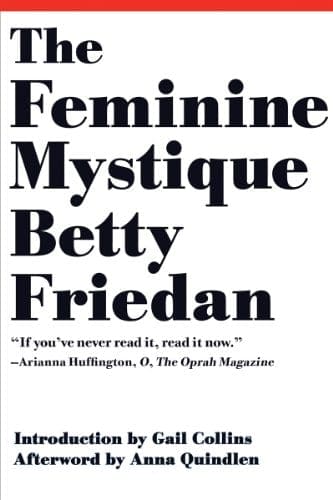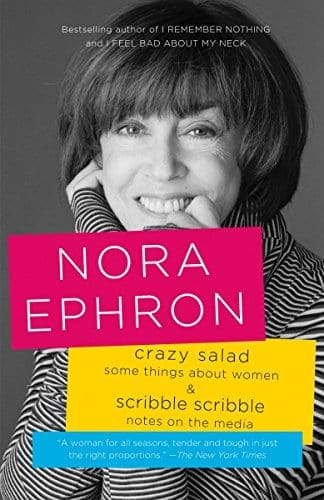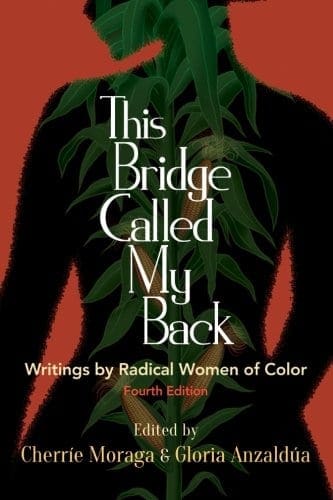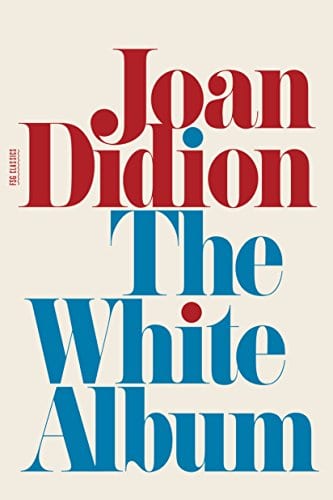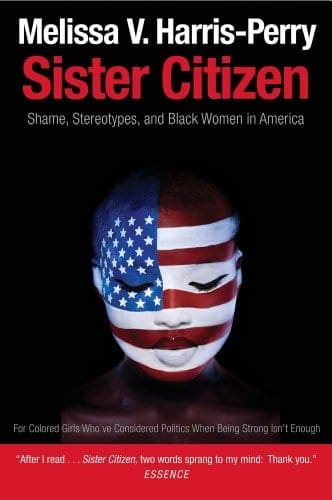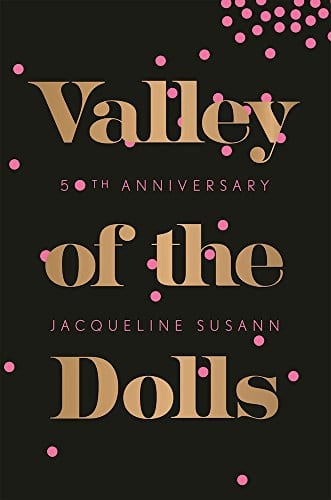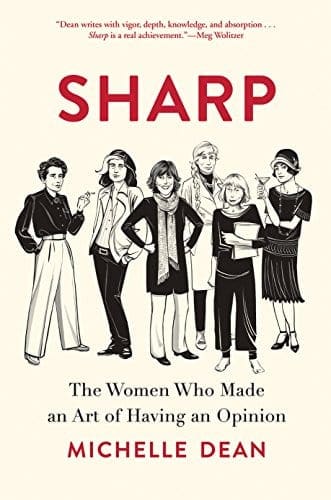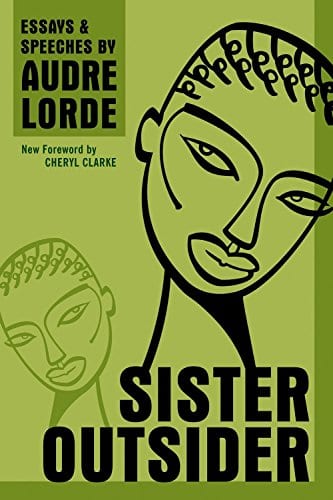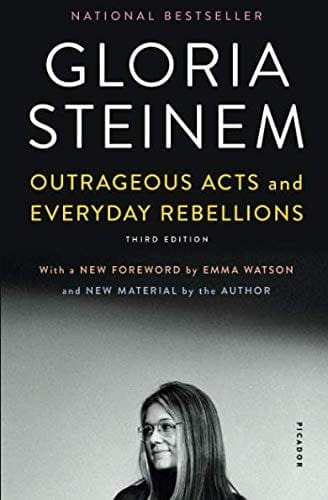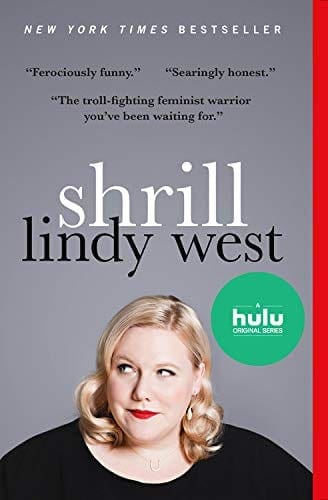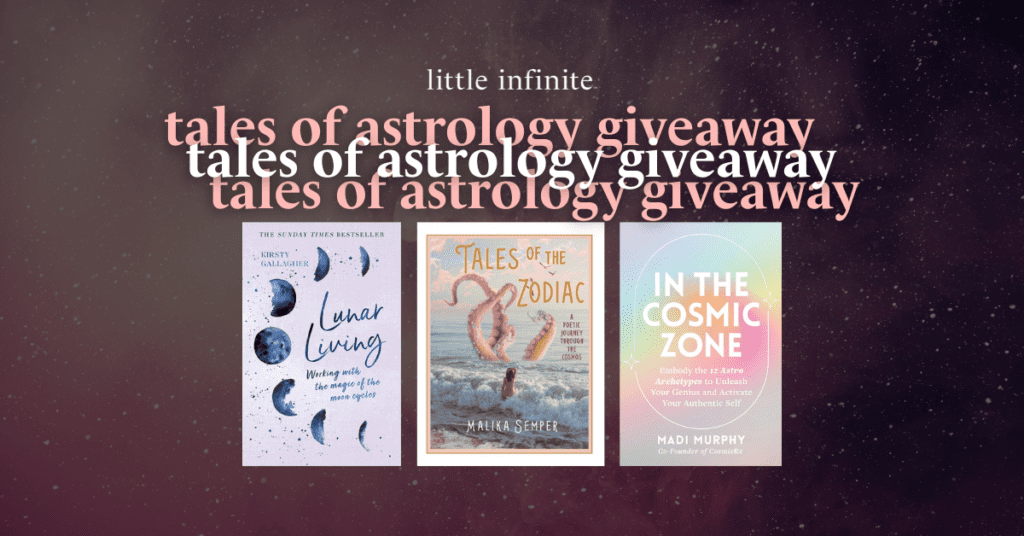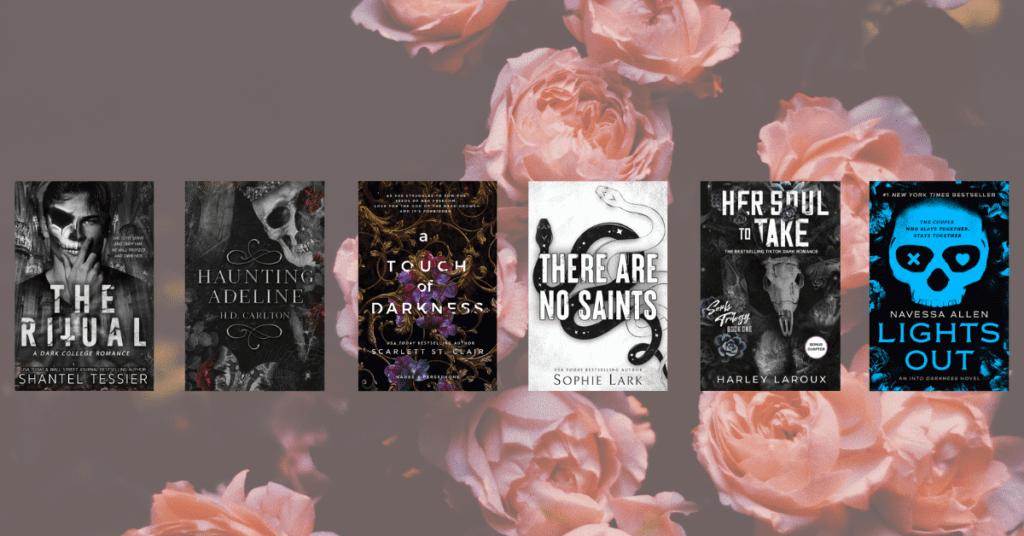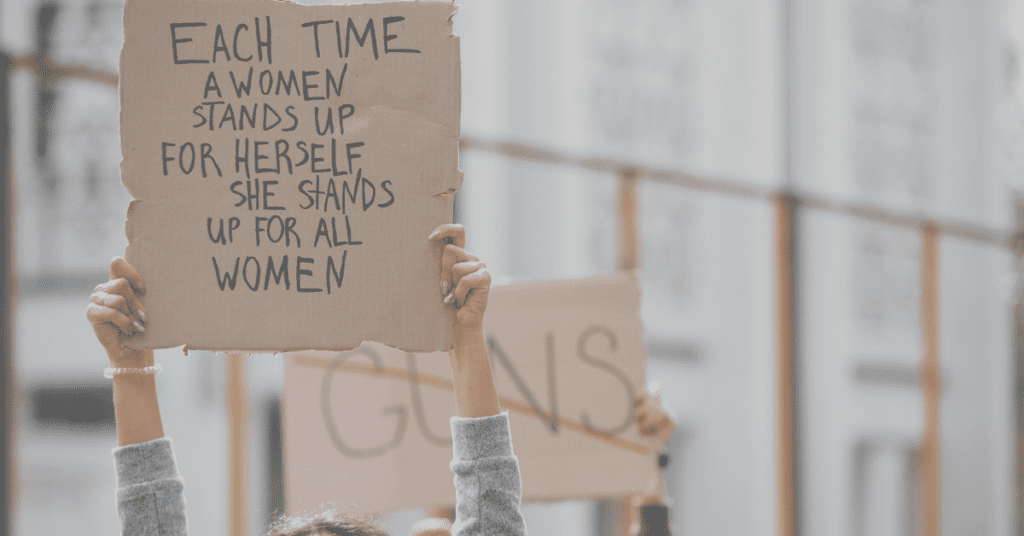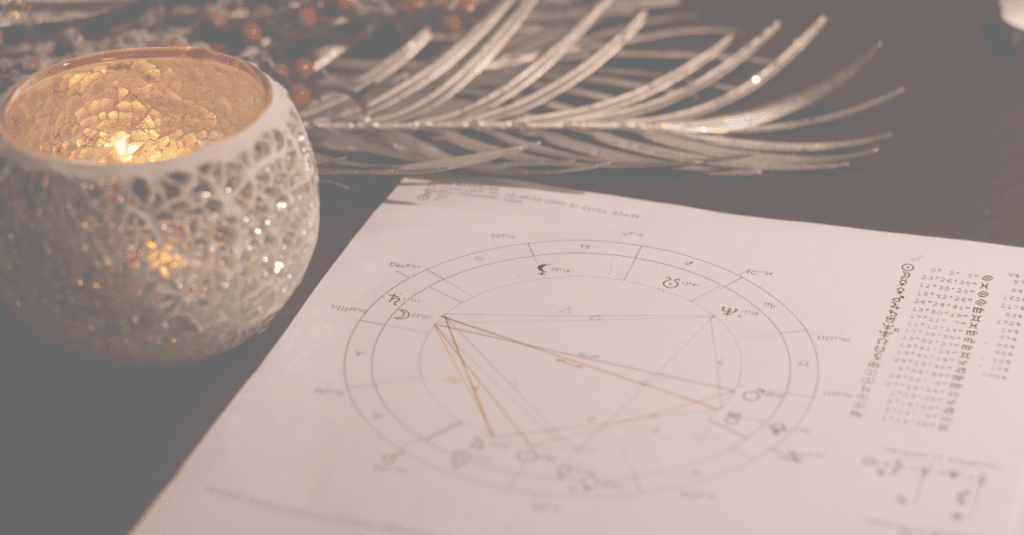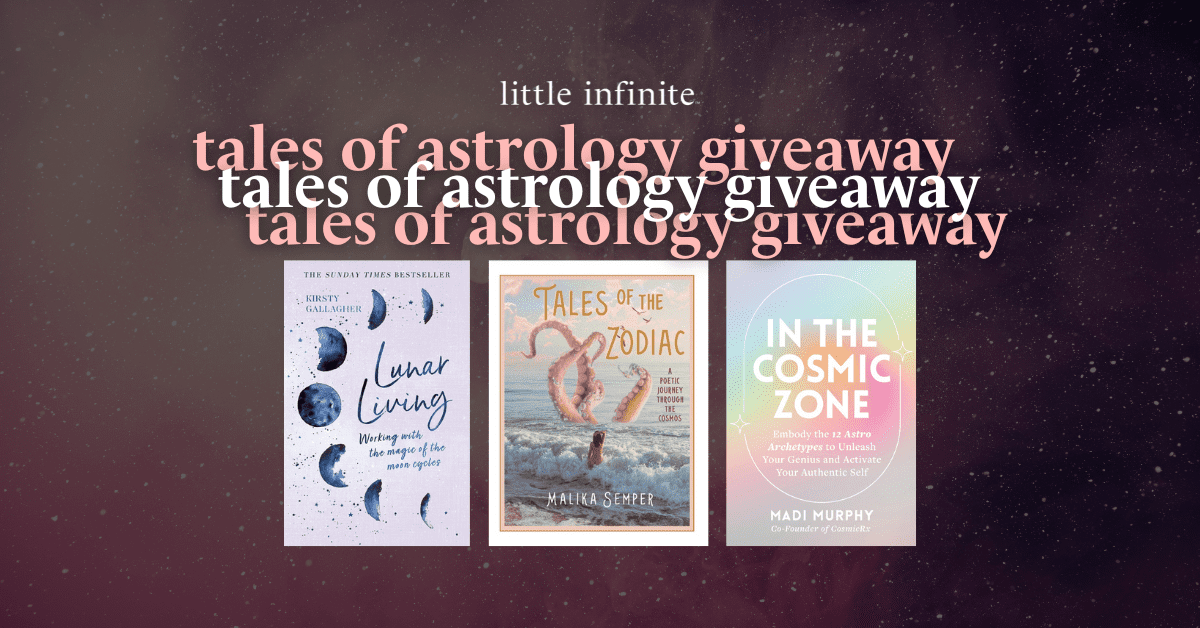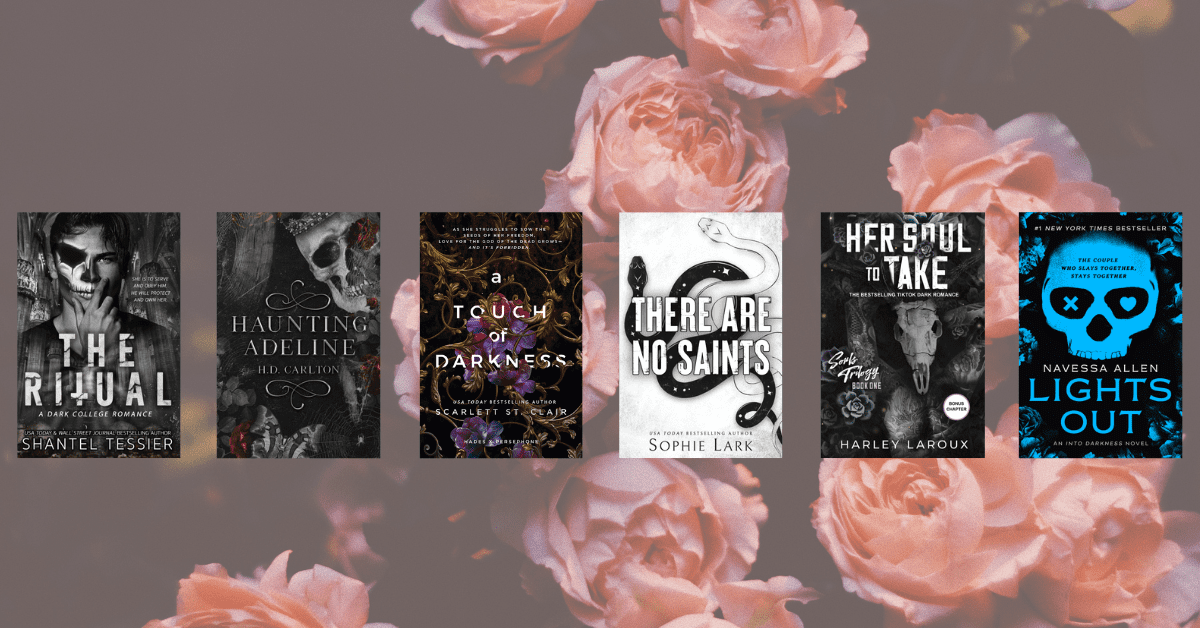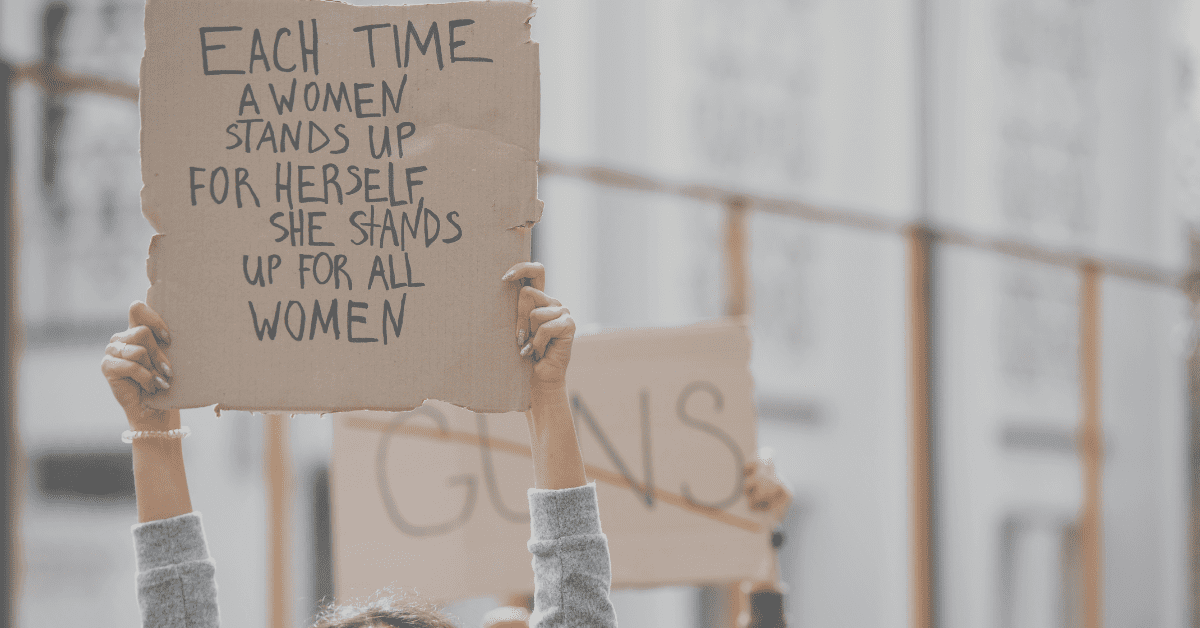Celebrate the voices of feminist writers with these books.
There are thousands of voices that have lent themselves through the years to the canon of feminist literature. We know that this is not an exhaustive list. We know that this is more of a Start Kit for Feminist Reading. We know that there are more stories to tell. We know, because we’re reading them and writing them daily.
So are you. And that’s why this week we’re focusing our round-up on voices of feminism that every poet should acquaint herself with. From the mother of the second wave feminist movement through the valley of the dolls and back again, here’s our required reading list for the next class of up and coming feminist poets.
The Feminine Mystique by Betty Friedan
Description: Landmark, groundbreaking, classic these adjectives barely do justice to the pioneering vision and lasting impact of The Feminine Mystique. Published in 1963, it gave a pitch-perfect description of the problem that has no name: the insidious beliefs and institutions that undermined women’s confidence in their intellectual capabilities and kept them in the home. Writing in a time when the average woman first married in her teens and 60 percent of women students dropped out of college to marry, Betty Friedan captured the frustrations and thwarted ambitions of a generation and showed women how they could reclaim their lives. Part social chronicle, part manifesto, The Feminine Mystique is filled with fascinating anecdotes and interviews as well as insights that continue to inspire. This 50th anniversary edition features an afterword by best-selling author Anna Quindlen as well as a new introduction by Gail Collins.
Crazy Salad (& Scribble Scribble) by Nora Ephron
Editor’s Note: This book is a combination of
Description: Two classic collections of Nora Ephron’s uproarious essays—tackling everything from feminism to the media, from politics to beauty products, with her inimitable charm and distinctive wit—now available in one book for the first time.
This edition brings together some of Ephron’s most famous writing on a generation of women (and men) who helped shape the way we live now, and on events ranging from the Watergate scandal to the Pillsbury Bake-Off. In these sharp, hilariously entertaining, and vividly observed pieces, Ephron illuminates an era with wicked honesty and insight. From the famous “A Few Words About Breasts” to important pieces on her time working for the New York Post and Gourmet Magazine, these essays show Ephron at her very best.
This Bridge Called My Back by Cherríe Moraga and Gloria Anzaldúa
Description: Originally released in 1981, This Bridge Called My Back is a testimony to women of color feminism as it emerged in the last quarter of the twentieth century. Through personal essays, criticism, interviews, testimonials, poetry, and visual art, the collection explores, as coeditor Cherríe Moraga writes, “the complex confluence of identities–race, class, gender, and sexuality–systemic to women of color oppression and liberation.”Reissued here, nearly thirty-five years after its inception, the fourth edition contains an extensive new introduction by Moraga, along with a previously unpublished statement by Gloria Anzald a. The new edition also includes visual artists whose work was produced during the same period as Bridge, including Betye Saar, Ana Mendieta, and Yolanda Lopez, as well as current contributor biographies. Bridge continues to reflect an evolving definition of feminism, one that can effectively adapt to, and help inform an understanding of the changing economic and social conditions of women of color in the United States and throughout the world.
The White Album by Joan Didion
Description: First published in 1979, The White Album records indelibly the upheavals and aftermaths of the 1960s. Examining key events, figures, and trends of the era—including Charles Manson, the Black Panthers, and the shopping mall—through the lens of her own spiritual confusion, Joan Didion helped to define mass culture as we now understand it. Written with a commanding sureness of tone and linguistic precision, The White Album is a central text of American reportage and a classic of American autobiography.
Sister Citizen by Melissa V. Harris-Perry
Description: Jezebel’s sexual lasciviousness, Mammy’s devotion, and Sapphire’s outspoken anger—these are among the most persistent stereotypes that black women encounter in contemporary American life. Hurtful and dishonest, such representations force African American women to navigate a virtual crooked room that shames them and shapes their experiences as citizens. Many respond by assuming a mantle of strength that may convince others, and even themselves, that they do not need help. But as a result, the unique political issues of black women are often ignored and marginalized.
In this groundbreaking book, Melissa V. Harris-Perry uses multiple methods of inquiry, including literary analysis, political theory, focus groups, surveys, and experimental research, to understand more deeply black women’s political and emotional responses to pervasive negative race and gender images. Not a traditional political science work concerned with office-seeking, voting, or ideology, Sister Citizen instead explores how African American women understand themselves as citizens and what they expect from political organizing. Harris-Perry shows that the shared struggle to preserve an authentic self and secure recognition as a citizen links together black women in America, from the anonymous survivors of Hurricane Katrina to the current First Lady of the United States.
Valley of the Dolls by Jacqueline Susann
Description:At a time when women were destined to become housewives, Jacqueline Susann let us dream. Anne, Neely, and Jennifer become best friends as struggling young women in New York City trying to make their mark. Eventually, they climb their way to the top of the entertainment industry only to find that there’s no place left to go but down, into the Valley of the Dolls.
Sharp by Michelle Dean
Description: The ten brilliant women who are the focus of Sharp came from different backgrounds and had vastly divergent political and artistic opinions. But they all made a significant contribution to the cultural and intellectual history of America and ultimately changed the course of the twentieth century, in spite of the men who often undervalued or dismissed their work.
These ten women–Dorothy Parker, Rebecca West, Hannah Arendt, Mary McCarthy, Susan Sontag, Pauline Kael, Joan Didion, Nora Ephron, Renata Adler, and Janet Malcolm–are united by what Dean calls “sharpness,” the ability to cut to the quick with precision of thought and wit. Sharp is a vibrant depiction of the intellectual beau monde of twentieth-century New York, where gossip-filled parties at night gave out to literary slugging-matches in the pages of the Partisan Review or the New York Review of Books. It is also a passionate portrayal of how these women asserted themselves through their writing in a climate where women were treated with extreme condescension by the male-dominated cultural establishment.
Mixing biography, literary criticism, and cultural history, Sharp is a celebration of this group of extraordinary women, an engaging introduction to their works, and a testament to how anyone who feels powerless can claim the mantle of writer, and, perhaps, change the world.
Sister Outsider by Audre Lorde
Description: In this charged collection of fifteen essays and speeches, Lorde takes on sexism, racism, ageism, homophobia, and class, and propounds social difference as a vehicle for action and change. Her prose is incisive, unflinching, and lyrical, reflecting struggle but ultimately offering messages of hope. This commemorative edition includes a new foreword by Lorde-scholar and poet Cheryl Clarke, who celebrates the ways in which Lorde’s philosophies resonate more than twenty years after they were first published.
These landmark writings are, in Lorde’s own words, a call to “never close our eyes to the terror, to the chaos which is Black which is creative which is female which is dark which is rejected which is messy which is…”
Outrageous Acts & Everyday Rebellions by Gloria Steinem
Description: Outrageous Acts and Everyday Rebellions has sold over half a million copies since its original publication in 1983, acclaimed for its witty, warm, and life-changing view of the world, “as if women mattered.” Steinem’s truly personal writing is here, from the now-famous exposé, “I Was a Playboy Bunny,” to the moving tribute to her mother “Ruth’s Song (Because She Could Not Sing It)”. Her prescient essays on female genital mutilation and the difference between erotica and pornography that are still referenced and relevant today, and the hilarious satire, “If Men Could Menstruate” resonates as much as ever.
As Watson writes of Steinem in her foreword, “She makes what otherwise can be arduous and depressing reading into something not only relatable, but also enjoyable… Her plain common sense, calling things out as they are, will make you laugh out loud. This is her superpower.”
Shrill by Lindy West
Description: Coming of age in a culture that demands women be as small, quiet, and compliant as possible–like a porcelain dove that will also have sex with you–writer and humorist Lindy West quickly discovered that she was anything but.
From a painfully shy childhood in which she tried, unsuccessfully, to hide her big body and even bigger opinions; to her public war with stand-up comedians over rape jokes; to her struggle to convince herself, and then the world, that fat people have value; to her accidental activism and never-ending battle royale with Internet trolls, Lindy narrates her life with a blend of humor and pathos that manages to make a trip to the abortion clinic funny and wring tears out of a story about diarrhea.
With inimitable good humor, vulnerability, and boundless charm, Lindy boldly shares how to survive in a world where not all stories are created equal and not all bodies are treated with equal respect, and how to weather hatred, loneliness, harassment, and loss, and walk away laughing. Shrill provocatively dissects what it means to become self-aware the hard way, to go from wanting to be silent and invisible to earning a living defending the silenced in all caps.
Feature Photo by Hello I’m Nik on Unsplash

